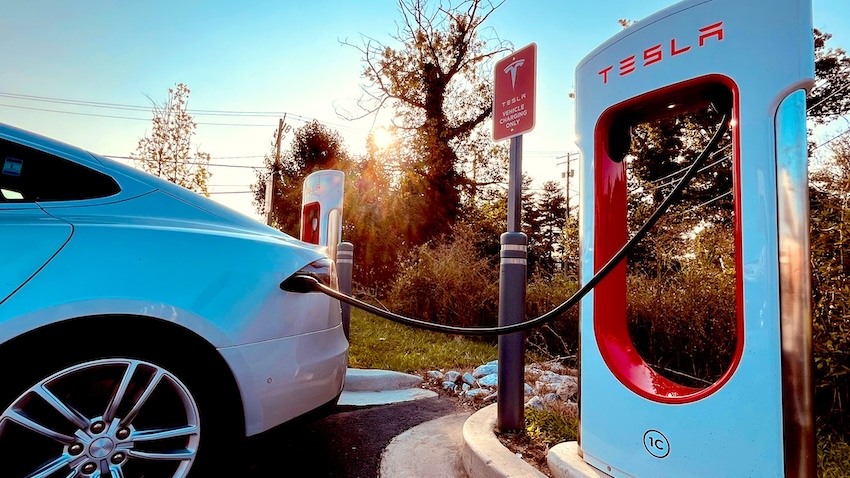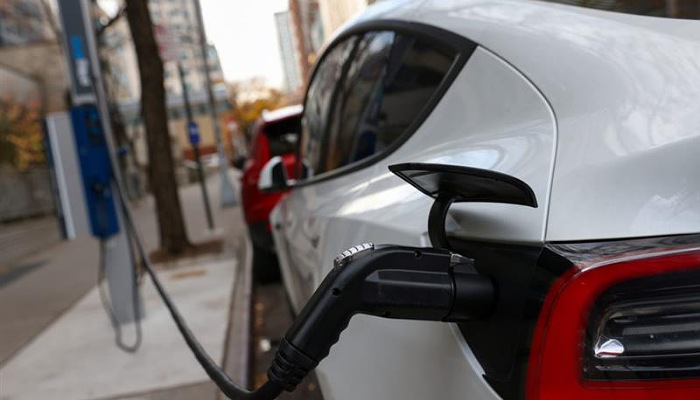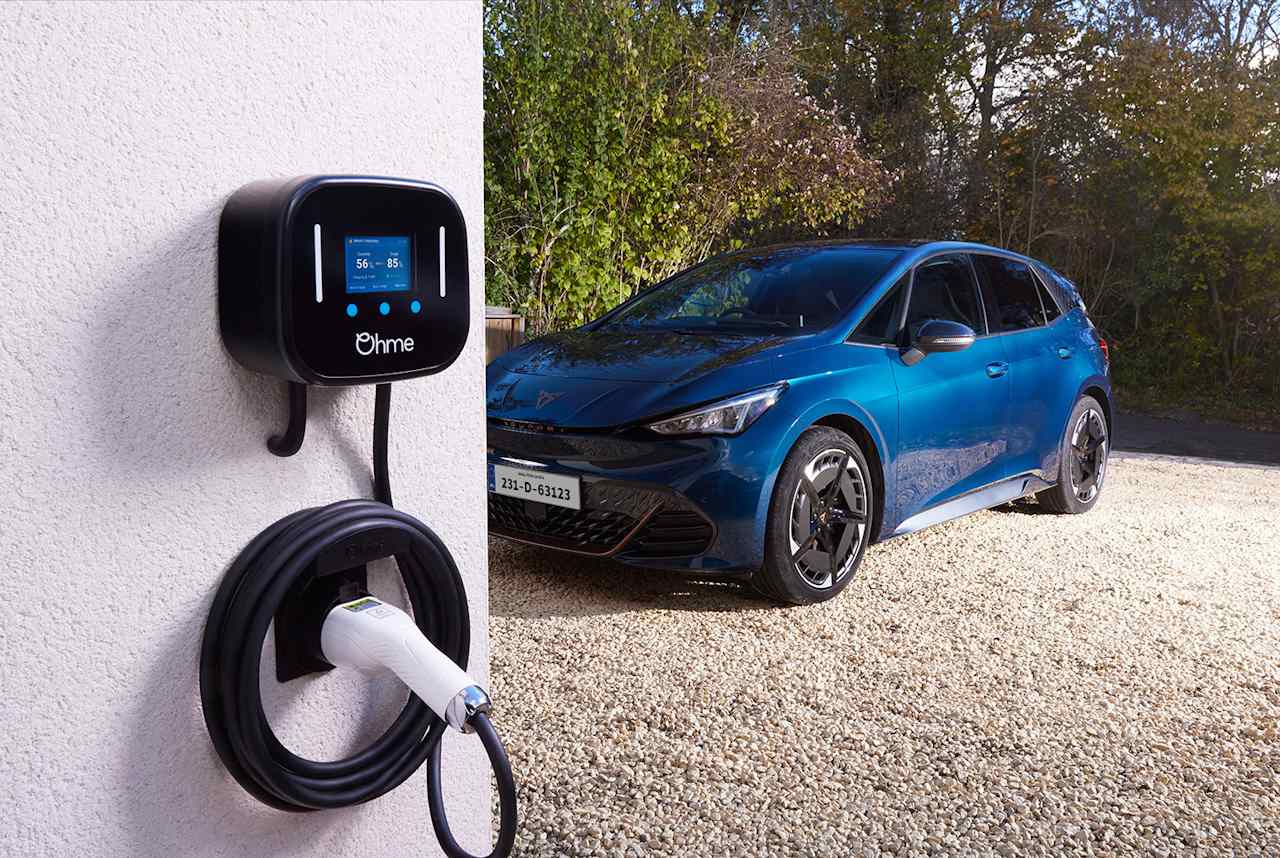
Australian households with electric vehicles will have much lower energy costs than those households that own and drive internal combustion engine vehicles, according to a major new report by one of Australia’s main energy regulatory bodies.
The Australian Energy Market Commission, which manages the rules of the main grid and is very much focused on distributed energy resources, has released a new report looking at how the switch to renewables, the adoption of rooftop solar and battery storage, and the uptake of EVs will help reduce household energy bills.
Those energy bills are defined as household electricity and gas costs, and vehicle fuel costs, and the AEMC is in no doubt about who is better off.
“We analysed the energy costs for a household that drives the average amount each year depending on whether they drive an EV or an ICE vehicle,” the AEMC says in its report, released late last week.
“The energy cost savings for an EV are around $2,000 per year.”

And it says that these cost savings do not rely on a consumer having to fully optimise their charging to low price periods.
“The electricity costs of running an EV have been calculated on the basis that the household charges their vehicle when it is convenient to them, rather than only during the day when electricity costs are low.”
To be sure, these calculations only consider energy costs and do not take into account the differences in vehicle purchase prices and running costs, such as maintenance and insurance. But with battery costs falling, along with the price of at least some low-to-mid prices EVs, it points to at least parity on the “total cost of ownership.
The AEMC says the cost difference between petrol and electric vehicles, particularly in the used car market, is projected to fall, but it also underlines the fact that access to EV charging is needed for households to realise these cost savings.
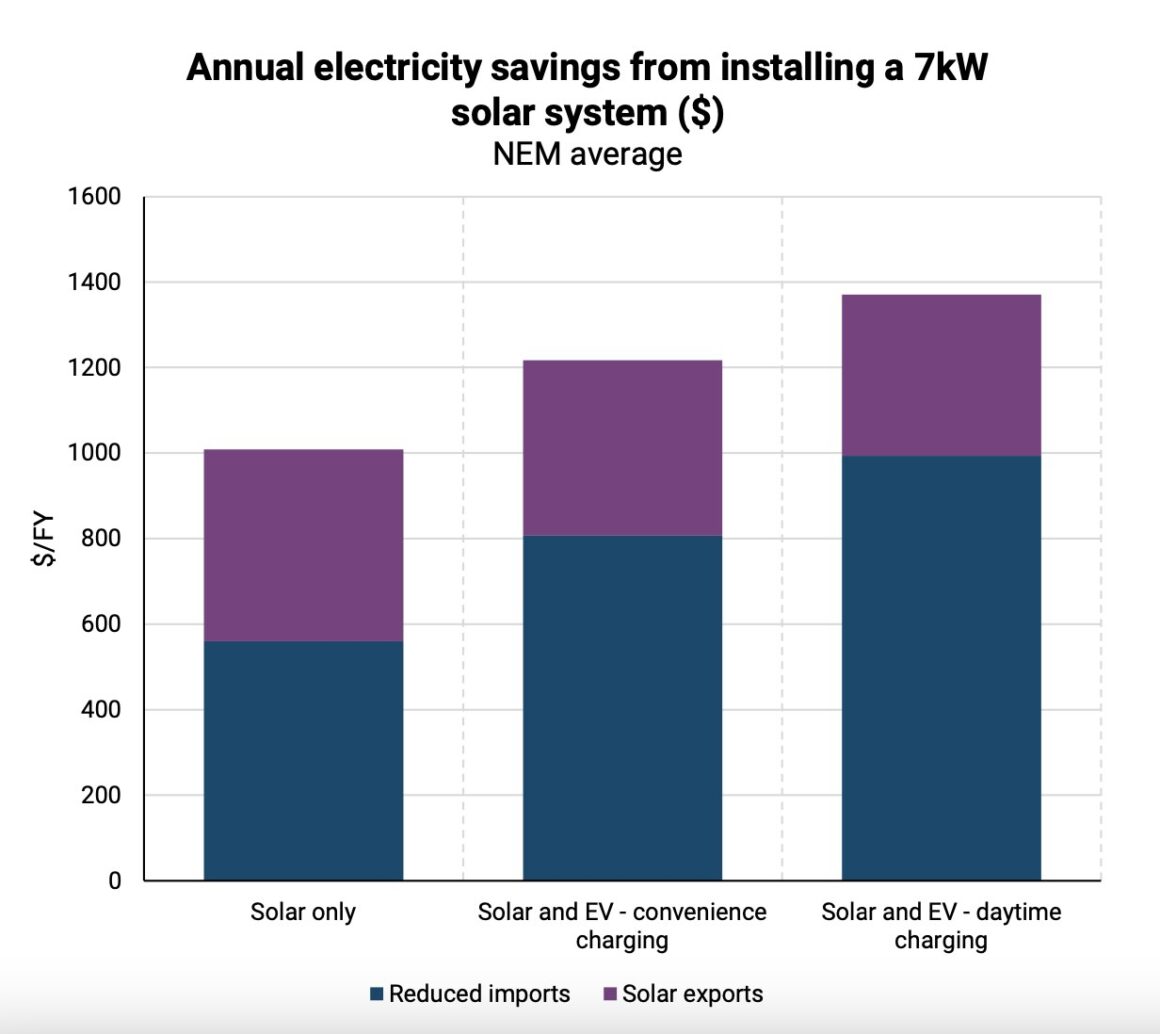
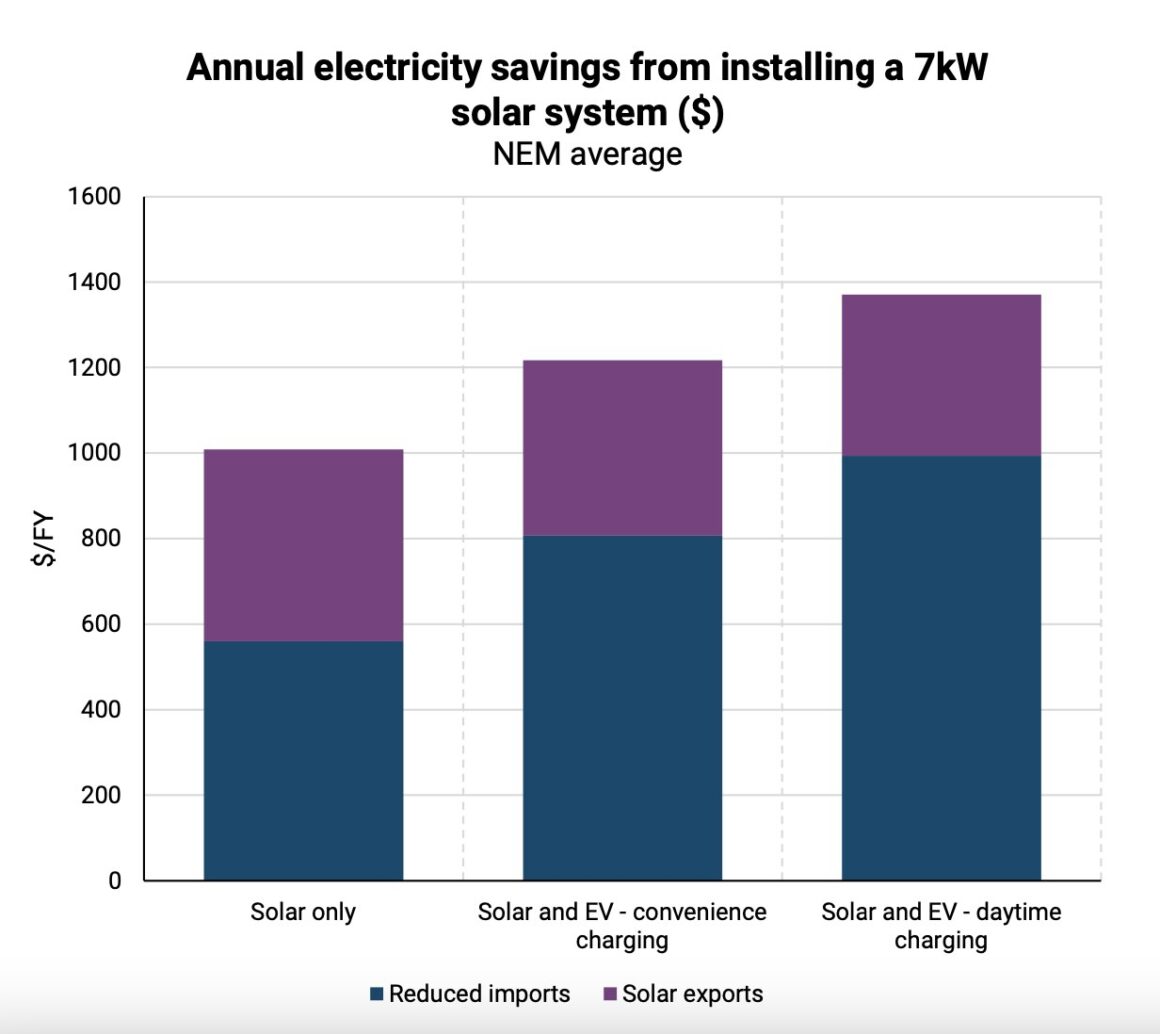
A separate calculation showed that cost savings for a household that can install a 7kW solar system are greater if they have an EV that is charged at home, and greater still when the EV is charged during the day and solar output is at the highest.
It says these savings are additional to the fuel cost savings of an EV. Note that this analysis does not include the capital and installation costs of a 7kW system which are typically between $6,000 – $10,000.
See also this story in our sister publication Renew Economy: Australian homes could slash energy bills by two thirds by cutting out gas and petrol, AEMC says


Giles Parkinson is founder and editor of The Driven, and also edits and founded the Renew Economy and One Step Off The Grid web sites. He has been a journalist for nearly 40 years, is a former business and deputy editor of the Australian Financial Review, and owns a Tesla Model 3.



